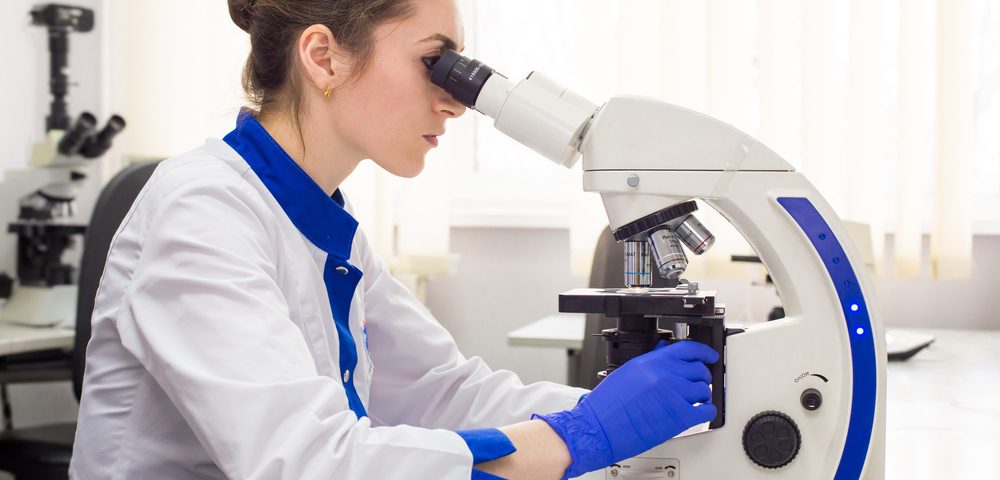Autologous stem cell transplants could greatly increase survival chances in patients with follicular lymphoma who undergo histologic transformation and form an aggressive tumor after successful immuno-chemotherapy.
These patients have increased disease progression and survive for a shorter time than patients in whom the lymphoma returns but does not transform.
The study, “Risk Factors and Outcomes for Patients With Follicular Lymphoma Who Had Histologic Transformation After Response to First-Line Immunochemotherapy in the PRIMA Trial,” was published in the Journal of Clinical Oncology.
Researchers’ findings emerged after analyzing results from the Phase 3 PRIMA trial, which investigated whether rituximab maintenance treatment in patients with follicular lymphoma who completed a successful course of immuno-chemotherapy, might ward off a potential recurrence of the cancer.
The study included 1,018 randomly selected patients from the trial who were followed for a median of six years. Of these, 463 patients saw their lymphoma return, but researchers had access to only 194 tissue analyses from these patients.
Histologic transformation of follicular lymphoma is every patient’s dread. Essentially, the term describes a conversion from the small slow-growing cells typical of follicular lymphoma, to larger fast-growing cells making up more aggressive cancers such as diffuse large B-cell lymphoma, spotted when a tissue sample is analyzed under the microscope.
Among the samples, researchers from the Centre Hospitalier Lyon Sud in France found 40 patients in which the tumors had transformed. Looking at their outcomes, they noted that patients with histologic transformation did not respond equally well to salvage therapy, and had significantly more disease progression.
They also survived for a shorter time, 3.8 versus 6.4 years from the time the cancer returned. Autologous stem cell transplantation improved the survival of these patients — a treatment that did not help patients in which the tumors retained their follicular lymphoma appearance.
In an editorial published in the same issue of the Journal of Clinical Oncology, Brian K. Link, a professor of internal medicine at University of Iowa Carver College of Medicine, noted that the research community needs to put more effort into identifying factors that place patients at risk of conversion, and allow the development of treatments preventing it.


